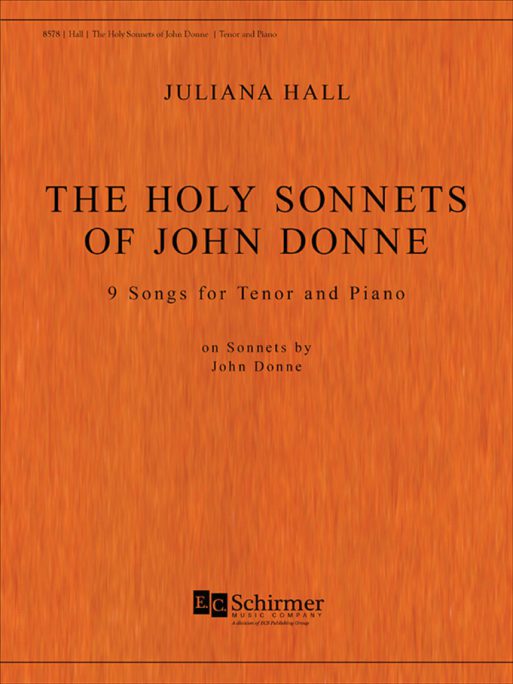
I once loaned my mom a book of 17th century plays I had just finished, at her request; the same day, she returned it to me, complaining about the difficult “Shakespearean” language in which it was written. The fact is, many people dislike literature of that era for this very reason. The following poem, “Death, be not proud,” from John Donne’s “Holy Sonnets” collection, employs this same kind of traditional language, but if you boil it down to its essential meaning, it’s a timeless piece that still resonates today:
Death, be not proud, though some have called thee
Mighty and dreadful, for thou art not so;
For those whom thou think’st thou dost overthrow
Die not, poor Death, nor yet canst thou kill me.
From rest and sleep, which but thy pictures be,
Much pleasure; then from thee much more must flow,
And soonest our best men with thee do go,
Rest of their bones, and soul’s delivery.
Thou art slave to fate, chance, kings, and desperate men,
And dost with poison, war, and sickness dwell,
And poppy or charms can make us sleep as well
And better than thy stroke; why swell’st thou then?
One short sleep past, we wake eternally
And death shall be no more; Death, thou shalt die.
Donne asserts that death is not as powerful as some people believe it to be. To Donne, death is just exaggerated sleep, a sleep that must be even better than everyday rest, since it lasts longer: “From rest and sleep, which but thy pictures be,/Much pleasure; then from thee much more must flow…” (5-6). Regular sleep is just a “picture,” or a kind of sample of what death holds, but death is superior. Not only does it allow for “rest of [one’s] bones” (8), but also “soul’s delivery” (8). Our cares completely dissolve after death, making it even more relaxing than regular sleep.
Death is only made to sound “mighty and dreadful” (2), but in Donne’s view, death is the one that should be afraid, because it is not in control of things, the way people believe it to be. The poet portrays death as an overburdened individual who is forced to work for anyone who calls, whether it’s “fate, chance, kings, [or] desperate men” (9). Donne further insults death by saying that it’s a kind of bottom feeder, since its friends include “poison, war, and sickness” (10).
What’s more, Donne believes that death itself can be overcome. He sees no reason for death to be “proud” (1), since the people that death takes “die not” (4); the writer believes in an afterlife, and therefore, no one ever truly “dies.” As he so eloquently puts it, “One short sleep past, we wake eternally/And death shall be no more…” (13-14). As Donne has intimated before, death is merely a transition. This belief allows the poet to make his final, famous, mocking statement: “Death, thou shalt die” (14).
Related Reading:
- Check out the John Donne Society
- “Standing up to Death” (SevenPonds)

 “Death, be not proud” by John Donne
“Death, be not proud” by John Donne



 Debating Medical Aid in Dying
Debating Medical Aid in Dying
 “Help Me, Helen”
“Help Me, Helen”















